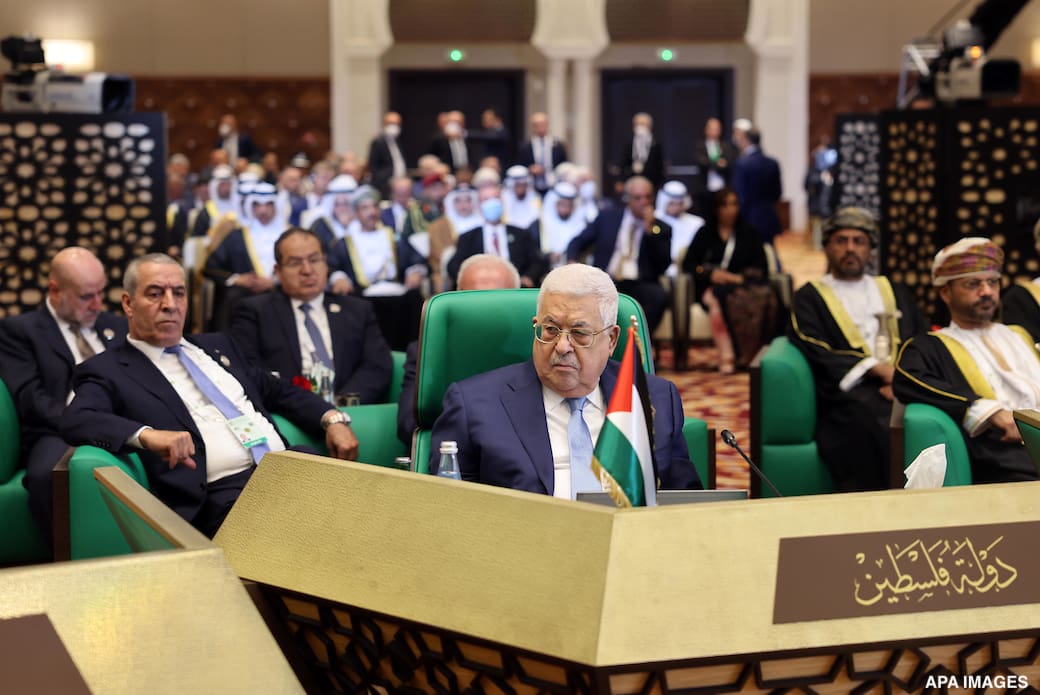
The status quo is nothing but a transitional stage hindering the necessary transformations to the Palestinian Authority (PA), the Palestine Liberation Organization (PLO), and Palestinians at large. However, the longer this scenario persists, the more probable its enabling factors, discussed below, become catalysts for the second, third, and fourth scenarios.
The Elimination of the Two-State Solution
Since the establishment of the PA in 1994, the Israeli regime has increased settlement activity in the West Bank, including East Jerusalem, building new settlement blocs and new housing units within existing blocs, in addition to the separation wall, road systems that serve settlements, and military camps. Although the pace of this annexation and expansion has progressed slowly and unevenly over the past three decades, the last four years have witnessed an upsurge in activity. The construction of settlement units doubled in the first three years of former US President Donald Trump’s term, eliminating the possibility of a Palestinian state on the territories occupied in 1967. In Jerusalem, the Israeli regime continues to expand settlement construction, modernize industrial areas, and build commercial towers – all at the expense of Palestinian residents. This expansion is in line with the Israeli regime’s goal of increasing the number of settlers in the West Bank and legitimizing settlements through Israeli law.
Regional and International Alliances
The PA has been unable to build a network of international relationships powerful enough to pressure the Israeli regime. In fact, it has started to lose the support of friendly and allied countries, adding diplomatic failures to other policy blunders. In contrast, Israeli Prime Minister Benjamin Netanyahu scored successive achievements in the region, establishing channels of communication with Gulf states. The greatest losses to the PA’s regional alliances came with the signing of the Abraham Accords, spearheaded by the Trump administration. Though PA President Mahmoud Abbas suspended security coordination with the Israeli regime in protest, the move neither persisted nor achieved any tangible results. Indeed, the PA resumed coordination even before President Joe Biden moved into the White House, and the change in US leadership failed to bring about any significant shifts in policy or practice toward Palestine.
Creating the “New Palestinian”
As settlement expansion continues and regional and international positions disfavor Palestinians, the PA continues its policy of creating the “new Palestinian,” at least in the West Bank. This “new Palestinian” is permitted to protest in the name of material demands, so long as these actions do not challenge the essence or leadership of the PA, or call for a new way of confronting the Israeli regime. The PA has created such a populace through its economic policies, which rely on sources of income associated with the Israeli regime and make credit easily available to West Bank Palestinians, upgrading their lifestyles and making any political or street action against Israel costly to them. Furthermore, for years, the PA has suspended and delayed salary payments to public sector employees as part of a carrot and stick strategy that tames and subjugates Palestinian society. However, this has not only been accomplished economically. PA security forces also use oppressive tactics to create an environment of fear. Until recently, these factors together had prevented the emergence of a broad popular movement around national issues, instead limiting most mobilization to economic demands, including salaries and social security.
The Lack of an Alternative Vision
Amid its failures and the persistence of Israeli settler-colonial policies, the PA has only ever threatened to dissolve itself, signaling its lack of an alternative vision to the two-state solution. Beyond this, the most the PA can do is threaten to cease its coordination with the Israeli regime – a move on which it always fails to follow through.
Belal Shobaki is the Head of the Department of Political Science at Hebron University, Palestine. He is a Policy Member at the Palestinian Policy Network. He is the founder and coordinator of the Double Master’s degree program in Public and cultural Diplomacy at Hebron University with University of Siena, Italy. He has published on Political Islam, identity, democratization and Palestinian issue. He is also leading Hebron University team of a 3 years project: Strengthening of National Research Capacity on Policy, Conflict Resolution, and Reconciliation, funded by the Erasmus+ program of the European Union. He has previously taught at An-Najah National University, Palestine and at IIUM, Malaysia.











